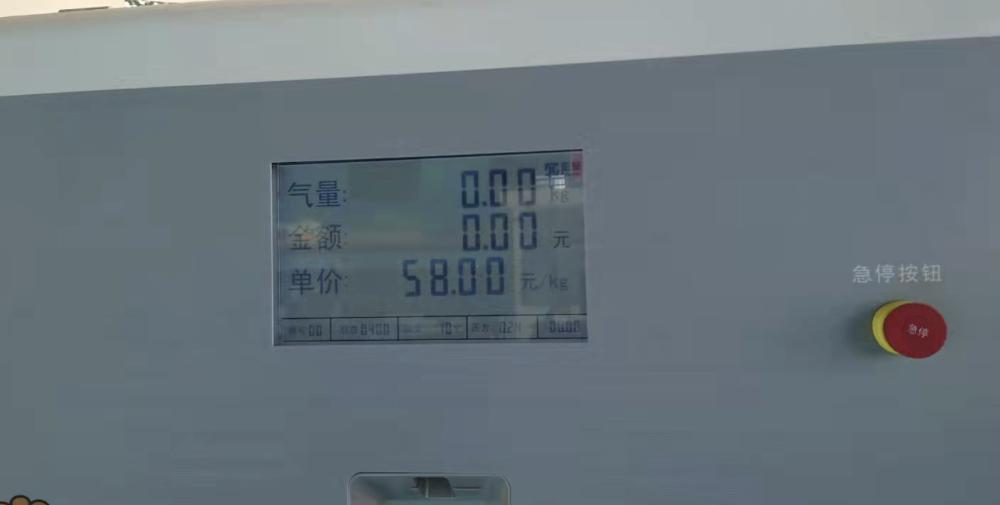At present, the price of hydrogen in the market is about 60 yuan, and the price of about 60 yuan per kilogram is very high relative to gasoline.
From the perspective of fuel, the current price per liter of gasoline is stable at about 6-7 yuan, and there is also a large gap in price according to the quality of oil and the type of gas station.

Companies and markets have calculated the pricing of hydrogen energy, and the current conclusion is that it is not too expensive.
At present, the energy consumption of hydrogen energy vehicles per 100 kilometers is stable at about 1kg, and according to the calibrated hydrogen price, the basic cost of 100 kilometers of travel is about 60 yuan.
Of course, the current hydrogen energy has a certain subsidy, and the price of hydrogen after the subsidy is about 40 yuan, which is reduced by 1/3, which also means that the cost of hydrogen energy vehicles will be lower.
Rational analysis, such a cost is not low?
Strictly speaking, the internal combustion engine in the era of fuel vehicles can also achieve very low costs, especially in the current era that requires comprehensive fuel consumption to be stable at 5L, and the cost of an ordinary family car can be controlled at about 40 yuan per 100 kilometers.
At present, the cost of internal combustion engine use is not high, and the 100,000-class products of Yinglang, Corolla, Onksela and Langyi and other models, the fuel consumption of 100 kilometers is stable and stable.
Obviously, hydrogen energy does not seem to save much money, and if we compare it with battery cars, there is no advantage in the cost of use.
But hydrogen energy has a very outstanding advantage, that is, the real sense of environmental protection, compared with the electric vehicle "transfer pollution pressure" technology status, hydrogen energy in the real sense to achieve industrial purity.
From hydrogen production, transportation, and use of emissions, once the hydrogen energy industry chain is fully laid, the pressure on air pollution will be minimized.
Hydrogen energy vehicles are not far away.
Toyota Mirai has been upgraded to the second generation, priced at about $50,000 in the United States, it has a 300 Nm drive motor, while the endurance can reach 850km, and the safety is good.
Regarding this pricing, Toyota is doing a real sense of benign development, it does not rely on subsidies, while selling this car in the case of guaranteeing the profit of bicycles, we must understand that the 50,000 US dollars in the US market can easily buy a luxury car, and obviously Mirai is also in this market pricing range.
Unlike electric vehicles, the stability and durability of hydrogen energy vehicles are very good, there is no secondary pollution problem, the biggest problem of battery cars has not yet emerged, and the problem of battery repurchase and integrated processing and reuse has not been pushed to the cusp of the wind in the true sense, which also means that the treatment of batteries requires a lot of resources to promote, and may cause pollution.
However, hydrogen energy vehicles equipped with hydrogen storage tanks and driving motors do not have this problem.
Hydrogen storage tank is equivalent to a fuel tank, the drive motor is like an engine, the hydrogen refueling station is a gas station, if this is an analogy, then the hydrogen energy vehicle is more like a new energy vehicle that is really suitable for our use.
Of course, this is really new energy, a completely new energy source.
From the overall situation, the advantages of hydrogen energy vehicles in all aspects are very strong, emissions, use costs and technical forms are better than the current products, but the domestic has not yet fully begun to lay hydrogen energy products.
Once the laying begins, the advantages of hydrogen energy will be recognized under the condition of mature and stable technology.